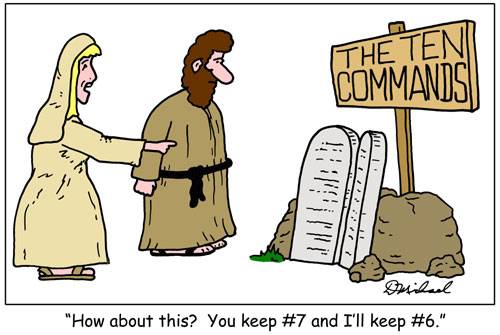Book Review: The End of Religion: Encountering the Subversive Spirituality of Jesus (Revised Edition) by Bruxy Cavey (Herald Press)
 I’ve never undertaken to read and review an updated edition or second edition of any book I’ve already covered, but this is an exceptional undertaking worthy of fresh consideration. Besides, I’ve often said that while some writers’ body of works builds up to a crescendo over a lifetime, other authors state most plainly and forthrightly in their first volume what represents the tenor of their ministry; so why not revisit that a decade later, as is the case here.
I’ve never undertaken to read and review an updated edition or second edition of any book I’ve already covered, but this is an exceptional undertaking worthy of fresh consideration. Besides, I’ve often said that while some writers’ body of works builds up to a crescendo over a lifetime, other authors state most plainly and forthrightly in their first volume what represents the tenor of their ministry; so why not revisit that a decade later, as is the case here.
The updated version of The End of Religion represents a complete revamping of the original NavPress book from start to finish, with the addition of a new preface and five entirely new chapters.
This is a book about Jesus.
In that vein, it looks at the manner in which the human tendency to religiosity has sometimes, and in some places made the Christian faith about everything but Jesus. Its aim is to renew us to seek the restoration of the type of faith practiced in the First Century and echoed throughout history by those who practice that goal, but also a type of discipleship seemingly lost in modern Protestantism, Catholicism or Evangelicalism.
This is a theme the book constantly returns to, but it does so inasmuch as it is constantly returning to Jesus.
Bruxy Cavey is the teaching pastor of an alter-cultural church in the greater Toronto, Canada area called The Meeting House. With one mother-ship in Oakville on the city’s western fringes — they prefer the term ‘Production Center’ — they have 20 satellite sites — they prefer the classic term ‘parishes’ — which in less pandemic times meet in theaters in Southern Ontario, with a number of additional distant affiliates in diverse places such as Scotland and Italy.
By the way, I love that word alter-cultural. Bruxy’s teaching style, self-deprecating nature and overall sense of humor are found in the book which makes the serious topics it studies a fun read, although I do recommend using two bookmarks, keeping one in the text itself and one in the notes.
Organizationally, the 27 chapters of the book are arranged in three sections which look at the irreligious life of Jesus, how his life and teachings stood in contrast to key elements of the Judaism which provides the context for his time on earth, and the implications for our own words and deeds. Each chapter contains an ample helping of scripture references and there’s also the aforementioned notes to consider.
Who is the intended audience? In many respects, his 2017 title (re)Union: The Good News of Jesus for Seekers, Saints and Sinners (Herald Press; see my review here) is by definition the book you give to someone camped out on the edge of faith. That said, this newer one covers so much primary, formative and apologetic ground that if the seeker in question isn’t intimidated by 400+ pages, they might really appreciate gaining a very thorough understanding of what it is to which they are potentially making a commitment.
While there were echoes of the previous edition to be encountered, I found them to be rare. This is a very updated update! I’d recommend this to anyone looking to read something with an intense Jesus focus.
9781513805498 | Herald Press | $19.99 US – $25.99 CDN



 With his newest book, Benefit of the Doubt: Breaking the Idol of Certainty (Baker Books), Gregory Boyd presents the thesis that far too many Christians — at least in North America and western Europe — are committed to a set of spiritual propositions more than they are committed to Christ; and that in fact the thing they worship and place their faith in are these ‘certainties,’ far more than they worship and have their faith secured in “Christ, and Him crucified.”
With his newest book, Benefit of the Doubt: Breaking the Idol of Certainty (Baker Books), Gregory Boyd presents the thesis that far too many Christians — at least in North America and western Europe — are committed to a set of spiritual propositions more than they are committed to Christ; and that in fact the thing they worship and place their faith in are these ‘certainties,’ far more than they worship and have their faith secured in “Christ, and Him crucified.” The subject is decisively American-interest. However, as a Canadian, I’m well aware of the saying, “Every time America sneezes, Canada catches a cold.” That’s true of other countries, also; so whether the subject is armed conflict on-the-ground, or the nuclear build-up, the rest of the world can’t ignore what the U.S. does, and the statistics presented here are –despite the increase in threat level from other countries as I write this — extremely alarming.
The subject is decisively American-interest. However, as a Canadian, I’m well aware of the saying, “Every time America sneezes, Canada catches a cold.” That’s true of other countries, also; so whether the subject is armed conflict on-the-ground, or the nuclear build-up, the rest of the world can’t ignore what the U.S. does, and the statistics presented here are –despite the increase in threat level from other countries as I write this — extremely alarming.



















